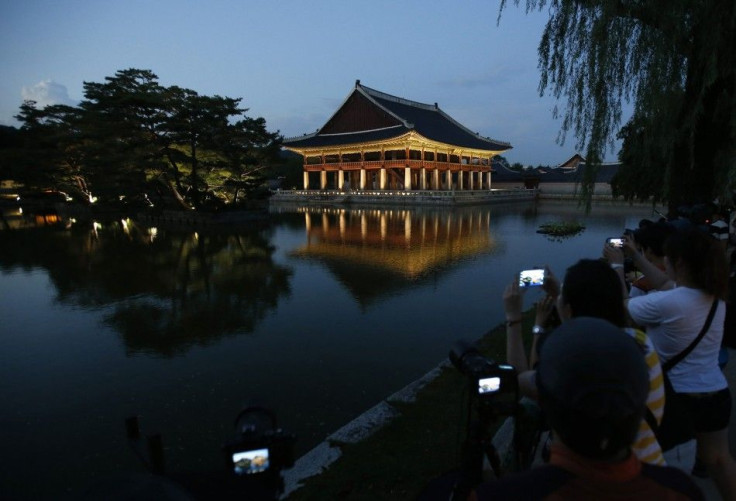Teens Who Love the Evening are Prone to Depression
Teenagers Active in the Evening are More Likely to Experience Social Phobia, Depression and Anxiety

Many teenagers are more active in the evenings compared to the mornings, a new study on high school students revealed that there was a strong link between teenagers who were active in the evening and insomnia-related mental health, obsessive-compulsive disorders, separation anxiety, social phobia and depression.
Pasquale Alvaro , Adelaide University School of Psychology PhD student conducted a survey on more than 300 Australian high school students aged 12-18. The survey was done to get an understanding into their sleep patterns, mental health conditions and the time of the day in which they were most active, this is called chronotype.
Researchers explained that people with insomnia suffered from a lack of sleep, finding it difficult to sleep when they wanted to and for the amount of time that is required for a healthy functioning of the body. "This is a widespread sleep disorder among the general public, and in most countries about 11 per cent of teens aged 13-16 years experience insomnia at some stage," they pointed out.
This research gave way to a deeper understanding into the clinical condition of teens who experience sleep and mental problems, and can suggest a different take on the clinical ways of treating them as well. Alvaro said, "There is a growing awareness among the scientific community that insomnia, depression and anxiety disorders are linked with each other, and these disorders contain overlapping neurobiological, psychological, and social risk factors." He also explained that suffering from insomnia along with anxiety or depression only intensifies the problems the individual experiences with his disorders. It can also lead to problems such as alcohol and drug misuse during adolescence.
They survey showed that those teens who were more active in the evenings had a higher probability to have depression and/or insomnia. They also had greater chances to experience obsessive-compulsive disorder, separation anxiety and social phobia.
Alvaro said, "These findings suggest that the 'eveningness' chronotype - being more active in the evenings - is an independent risk factor for insomnia and depression. This is important because adolescents tend to develop a preference for evenings, which sometimes becomes a syndrome whereby they keep delaying going to sleep."
Based on their evidence, he said that the treatment efforts for insomnia, together with mainstream behavioural approaches should also consider this combination of mental health, sleep and the eveningness chronotype. "Prevention and treatment efforts for anxiety subtypes should also consider focusing on insomnia and depression," he said.
The results are published in the journal Sleep Medicine.





















